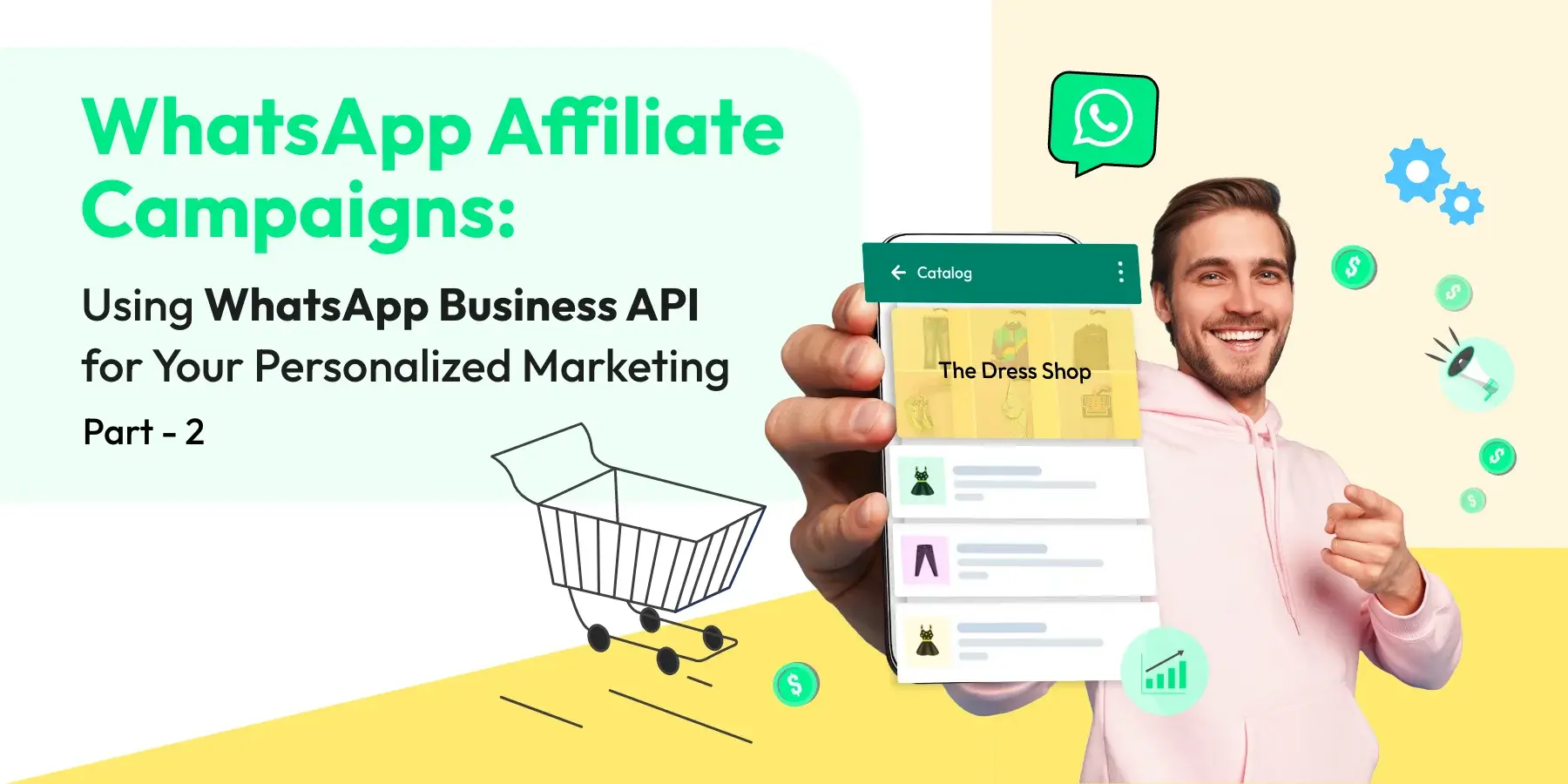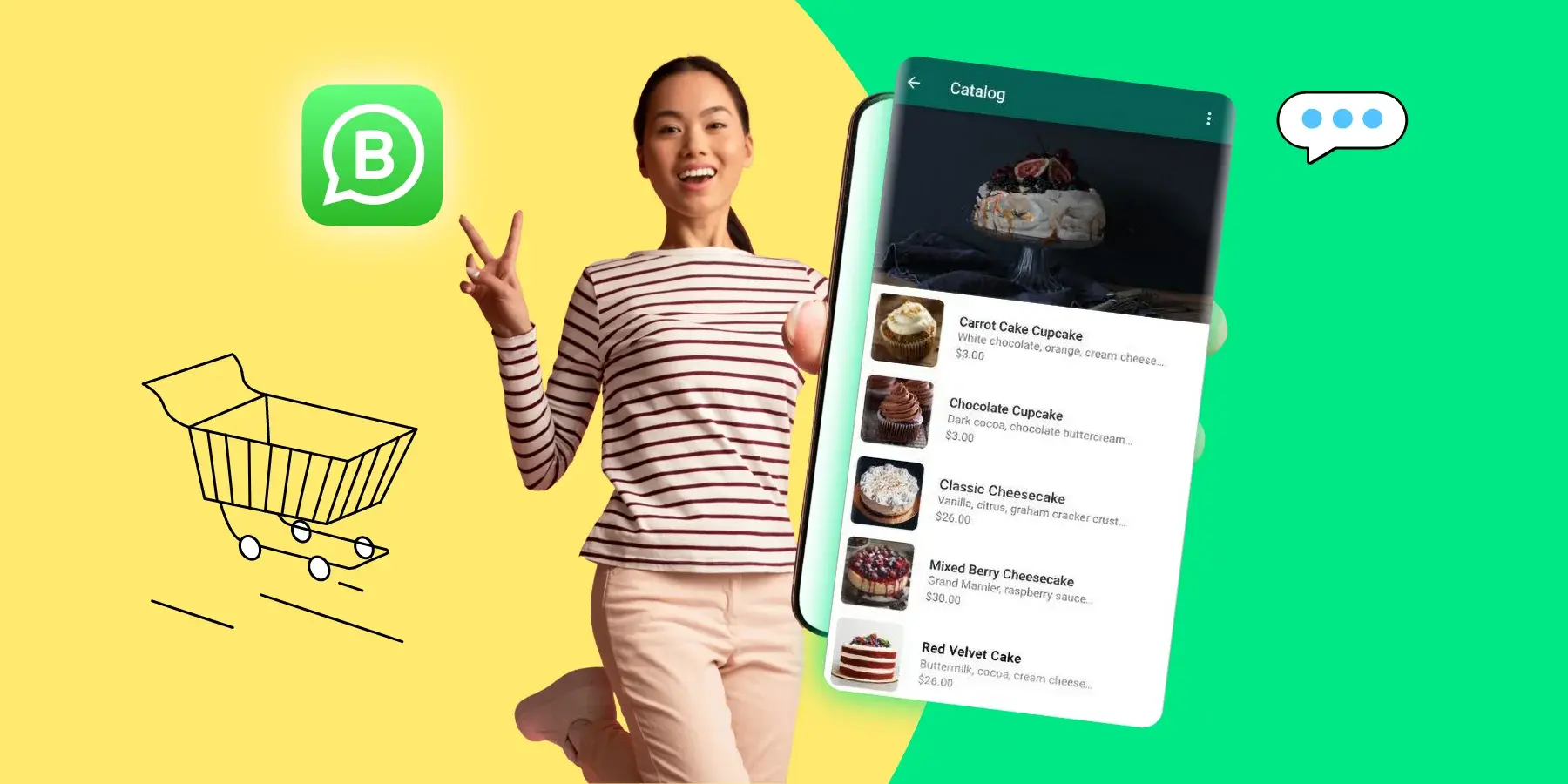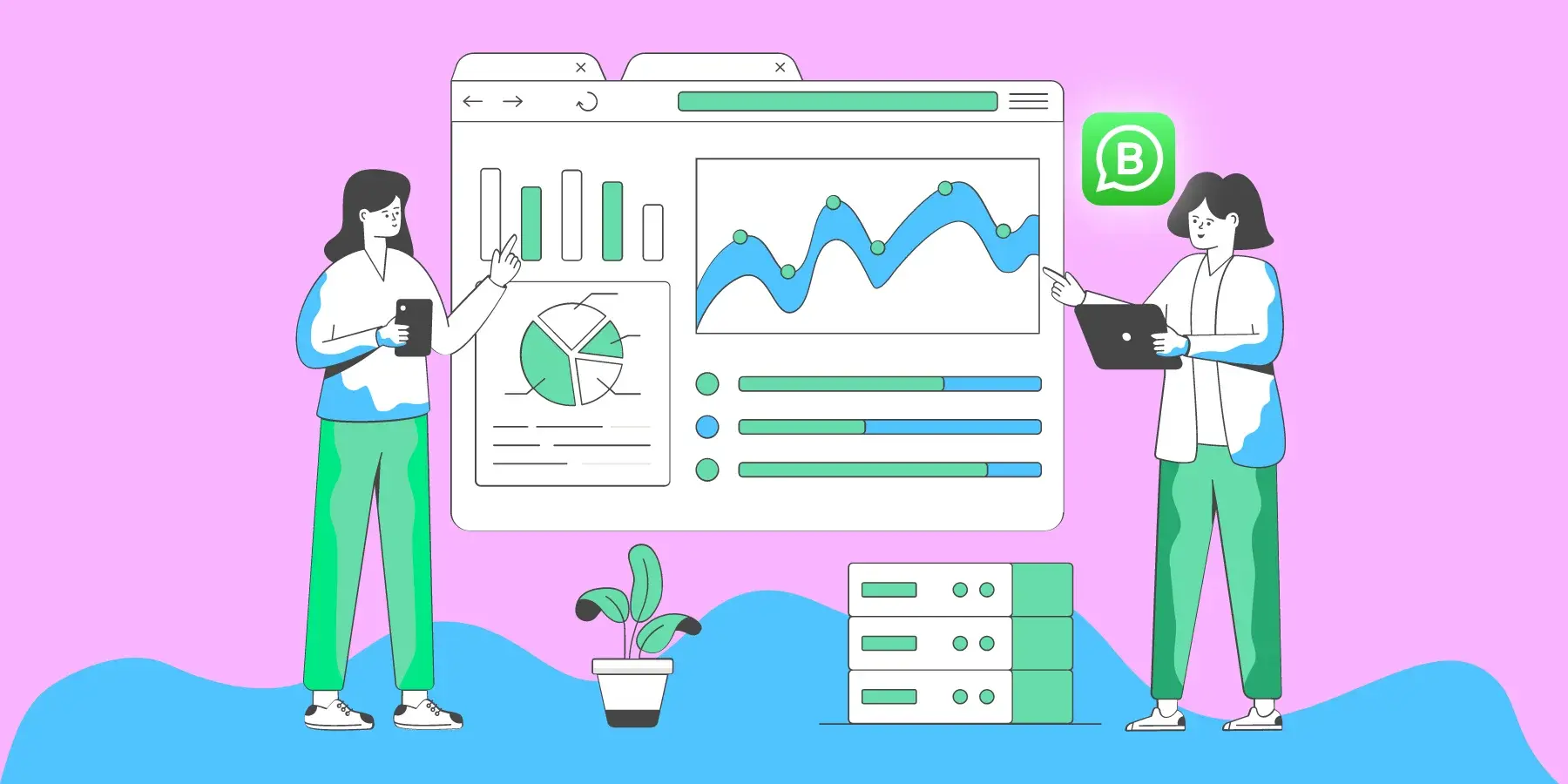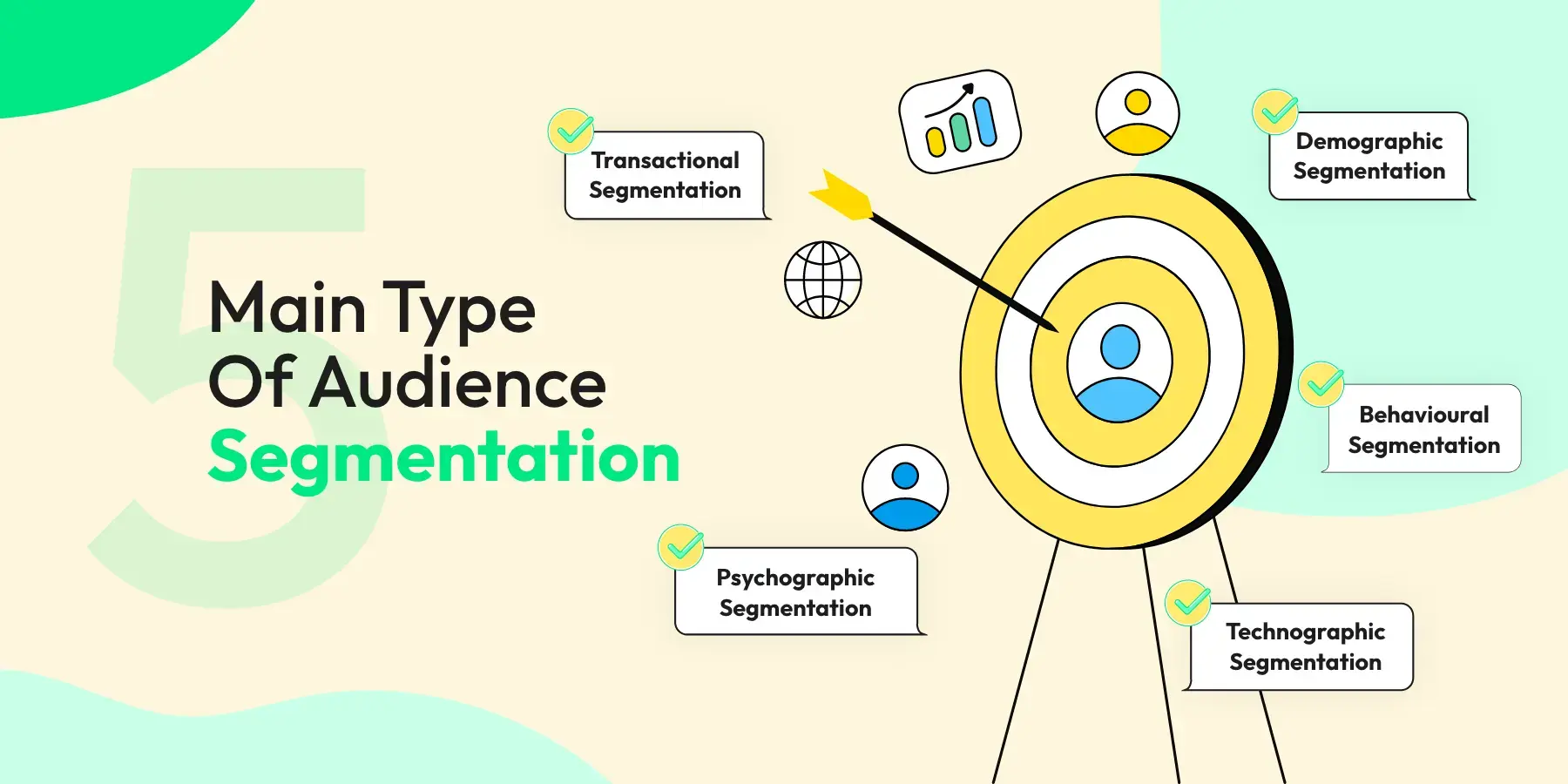-
-
FeaturesคุณสมบัติPenyelesaianRecursosFiturCaracterísticas精选功能功能特點المزايا
-
Solutionsโซลูชั่นPenyelesaianSoluçõesSolusiSoluciones解决方案解決方案الحلول
-
IntegrationsการผสานรวมIntegrasiIntegraçõesIntegrationsIntegraciones集成整合服務دمج مع تطبيقات أخرى
-
Affiliate/Partnersพันธมิตร/พันธมิตรทรัพยากรAfiliasi/Rakan KongsiAfiliados/ParceirosAfiliasi/MitraAfiliados/Partners联盟/合作伙伴聯盟/合作夥伴شريك
-
ResourcesจองการสาธิตSumberRecursosSumber dayaRecursosالموارد資源中心

WhatsApp Affiliate Campaigns: Using WhatsApp Business API for Your Personalized Marketing-Part 2
With the continuation WhatsApp Affiliate Campaigns: Using WhatsApp Business API for Your Personalized Marketing Part 1, this blog aims to delve into utilizing the WhatsApp catalog and the necessity of automation for efficient client management.
We’ll explore best practices for successful affiliate campaigns and discuss future trends in WhatsApp affiliate campaigns.
Utilizing WhatsApp Catalog for Affiliate Campaigns
Utilising WhatsApp Catalog for affiliate campaigns presents a dynamic opportunity to engage with potential customers in a more personalised and interactive manner.
By leveraging the visual appeal and ease of browsing offered by WhatsApp Catalogs, affiliates can compellingly showcase products, encouraging users to explore and make purchases.
Through strategic placement of affiliate links within Catalogs, affiliates can seamlessly guide users towards desired products, enhancing conversion rates.

Displaying Products or Services
One key feature that businesses can utilize for their affiliate campaigns is the WhatsApp Catalog. This feature allows businesses to showcase their products or services directly within the app, making it easier for potential affiliates to explore and promote them.
The WhatsApp Catalog serves as a virtual storefront, where businesses can display high-quality images, detailed descriptions, and pricing information for their products or services. This visual representation helps affiliates understand the offerings better and effectively promote them to their audiences.
By utilizing the WhatsApp Catalog, businesses can create a visually appealing and interactive experience for potential affiliates. This not only increases engagement but also enhances the chances of successful conversions and sales.

Facilitating Conversations About Affiliated Products
In addition to displaying products or services, the WhatsApp Catalog also facilitates conversations about the affiliated offerings. Affiliates can use the Catalog as a reference point to discuss the benefits, features, and value propositions of the products or services they are promoting.
This feature enables personalized communication between affiliates and their potential customers. Affiliates can share product details, answer queries, and provide recommendations, all within the WhatsApp platform.
This seamless integration of conversation and product information enhances the overall customer experience and increases the likelihood of conversions.Furthermore, the WhatsApp Catalog allows businesses to update product information in real time.
This ensures that affiliates always have access to the latest details, pricing, and promotions, enabling them to provide accurate and up-to-date information to their audience.

Leveraging the Power of Automation
The integration of the WhatsApp API into business systems can automate various aspects of the affiliate campaign, saving time and improving overall efficiency.
Businesses can automate the affiliate registration process, sending personalized messages to potential affiliates, and tracking their interactions. Automation through the WhatsApp API also enables businesses to handle repetitive tasks, such as sending follow-up messages, reminders, or updates.
This frees up valuable time for businesses to focus on strategic aspects of the campaign, such as analyzing performance metrics, refining messaging strategies, and nurturing relationships with affiliates.
Additionally, the end-to-end encryption provided by WhatsApp ensures the privacy and security of affiliate communications. This builds trust and confidence among affiliates, enhancing their participation and commitment to the campaign.

Automation and Efficiency in Affiliate Campaigns
Affiliate campaigns are an essential part of marketing strategies for businesses of all sizes. They allow companies to tap into the power of word-of-mouth marketing and leverage the influence of individuals to promote their products or services.
However, managing and optimizing affiliate campaigns can be a time-consuming and challenging task. That’s where automation and efficiency come into play. By utilizing the WhatsApp Business API, businesses can streamline their affiliate campaigns, save time, and focus on strategic aspects to drive success.
Time-Saving Automation with WhatsApp Business API
The WhatsApp Business API offers a range of automation features that can significantly reduce the manual effort required to manage affiliate campaigns. Through automated messages, businesses can efficiently communicate with potential affiliates, onboard them, and provide them with relevant information and resources.
This automation not only saves time but also ensures consistency in messaging and eliminates the risk of human error.
Handling Repetitive Tasks and Focusing on Strategic Aspects
One of the key advantages of automation through the WhatsApp Business API is the ability to handle repetitive tasks. Tasks such as sending welcome messages, providing campaign updates, and tracking affiliate performance can be automated, allowing businesses to focus on more strategic aspects of their campaigns.
This includes developing creative content, analyzing data, and refining marketing strategies to maximise the impact of their affiliate programs. Ensuring Privacy and Security with End-to-End Encrypted Communications.

Privacy and security are paramount when it comes to affiliate communications. The WhatsApp Business API addresses these concerns by providing end-to-end encrypted messaging, ensuring the privacy and security of sensitive information shared between businesses and affiliates.
Enhancing the overall effectiveness of the campaign, this secure communication platform safeguards affiliate interactions and conversations, thereby fostering a safer and more reliable environment for conducting business.
Read more about Understanding WhatsApp Security Features: A Comprehensive Overview
Tracking Affiliate Interactions and Measuring Campaign Effectiveness
Measuring the effectiveness of affiliate campaigns is crucial to optimizing their performance. The WhatsApp Business API offers tools and features that enable businesses to track affiliate interactions and measure the impact of their campaigns.
This includes tracking message delivery rates, response times, and engagement metrics. By analyzing these metrics, businesses can identify areas for improvement, refine their messaging strategies, and make data-driven decisions to enhance the success of their affiliate campaigns.

Best Practices for Successful WhatsApp Affiliate Campaigns
WhatsApp Affiliate Campaigns can be a powerful tool for personalized marketing, especially when utilizing the WhatsApp Business API. By implementing best practices, businesses can optimize the success of their campaigns and achieve their marketing goals.
In this section, we will explore several key best practices for running successful WhatsApp affiliate campaigns.
1. Segmentation of Affiliate Audience
Segmenting the affiliate audience is a crucial step in creating targeted and effective messaging. By categorizing potential affiliates based on their interests, demographics, or performance, businesses can tailor their messages to specific groups and prioritize communication accordingly.
This segmentation allows for more personalized and relevant content, increasing the chances of attracting and retaining participants.

2. Creating a Conversational Tone
When reaching out to potential affiliates, it is essential to adopt a conversational tone in your messages. This approach helps establish a personal connection and encourages engagement.
By using casual language, personal pronouns, and active voice, businesses can create a friendly and approachable atmosphere that resonates with potential affiliates.
Additionally, incorporating rhetorical questions, analogies, and metaphors can add interest and captivate the reader’s attention.
Read more about WhatsApp Business Greeting Message Examples & Best Practices
3. Leveraging Existing Data
To enhance the effectiveness of your WhatsApp affiliate campaign, it is crucial to leverage existing data. By analyzing past affiliate interactions, businesses can gain valuable insights into customer preferences, behaviours, and needs.
This data can then be used to inform messaging strategies and create content that resonates with potential affiliates. Leveraging existing data ensures that your campaign is tailored to the specific interests and needs of your target audience.

4. Offering Valuable Content
To attract and retain participants in your WhatsApp affiliate campaign, it is essential to offer valuable content. Providing informative and relevant information to potential affiliates can build trust and establish your business as a reliable source of knowledge.
This content can include tips, tutorials, success stories, and exclusive incentives. By offering value, businesses can engage potential affiliates and differentiate themselves from competitors.
5. Complying with Privacy Laws and Regulations
When running a WhatsApp affiliate campaign, it is crucial to comply with privacy laws and regulations. Obtaining explicit permission from potential affiliates is essential to ensure that their privacy is respected.
Businesses should also familiarize themselves with local and international privacy regulations to avoid any legal issues. By prioritizing privacy and compliance, businesses can build trust and maintain a positive reputation.

Read more about Do’s and Don’ts of WhatsApp Promotion
6. Developing a Comprehensive Messaging Strategy
Developing a comprehensive messaging strategy is key to the success of a WhatsApp affiliate campaign. This strategy involves identifying target audiences, testing different messages, and adapting based on affiliate responses.
Businesses should experiment with different approaches, such as varying message length, tone, and content, to determine what resonates best with their audience. By continuously refining and optimizing their messaging strategy, businesses can maximize the effectiveness of their WhatsApp affiliate campaign.
7. Personalizing Messages for Attracting and Retaining Participants
Personalization is a crucial aspect of successful WhatsApp affiliate campaigns. By tailoring messages based on the interests and needs of potential affiliates, businesses can attract and retain participants.
Personalized messages can make potential affiliates feel valued and understood, increasing their engagement and likelihood of joining the campaign. Businesses should utilize the available data to customize messages and create a personalized experience for each potential affiliate.
8. Testing and Measuring Campaign Results
Regular testing and measurement of campaign results are essential for optimizing WhatsApp affiliate campaigns. By tracking metrics such as conversion rates, click-through rates, and engagement metrics, businesses can gain insights into the effectiveness of their campaign.
This data can then be used to make data-driven decisions, refine messaging strategies, and improve overall campaign performance. Implementing analytics tools can provide businesses with valuable insights to optimize their WhatsApp affiliate campaigns.
Future Trends in WhatsApp Affiliate Campaigns
WhatsApp Affiliate Campaigns are constantly evolving, and as we move into the future, we can expect to see some exciting trends and advancements in this area. By utilizing the WhatsApp Business API for personalized marketing, businesses can enhance their affiliate campaigns and stay ahead of the competition.
In this section, we will explore some of the future trends in WhatsApp Affiliate Campaigns.
1. Customized Messages
One of the key trends we can expect to see is the use of customized messages in affiliate campaigns. Personalized messages can make potential affiliates feel valued and increase their likelihood of joining the campaign.
By tailoring messages to the interests and needs of potential affiliates, businesses can attract and retain participants more effectively.
2. Opt-In/Opt-Out Options
Another trend in WhatsApp Affiliate Campaigns is the implementation of opt-in/opt-out options. Businesses must obtain explicit permission from potential affiliates to comply with privacy laws and regulations.
By giving affiliates the choice to opt in or out of the campaign, businesses can ensure that they target individuals who are genuinely interested in participating.
3. Advanced Metrics Tracking
As technology continues to advance, so does the ability to track and measure the effectiveness of affiliate campaigns. The WhatsApp Business API provides tools for tracking affiliate interactions and measuring key metrics such as message delivery rates, response times, and engagement levels.
This data can be invaluable in optimizing campaigns and making data-driven decisions.

4. Real-Time Customer Support and Integration with Other Systems
The WhatsApp Business API offers real-time customer support, allowing businesses to provide immediate assistance to affiliates. This can enhance the overall affiliate campaign experience and improve customer satisfaction.
Additionally, the integration of the WhatsApp API into business systems can automate the affiliate registration process and streamline campaign management.
5. Bulk Messaging with Compliance
In affiliate campaigns, businesses can use bulk messaging as a powerful tool to reach a large audience simultaneously. However, they must ensure compliance with privacy laws and regulations.
The WhatsApp Business API enables businesses to send bulk messages with explicit opt-in consent from potential affiliates, ensuring that communication is both effective and compliant.
Summary
This blog delves into leveraging WhatsApp for affiliate campaigns, focusing on WhatsApp Catalogs, automation, best practices, and future trends. It emphasizes personalized communication, efficient automation, and end-to-end encryption for security.
It discusses audience segmentation, conversational messaging, data utilization, valuable content, privacy compliance, messaging strategies, and result measurement. Emerging trends include customized messages, opt-in/out options, advanced metrics, real-time support, system integration, and compliant bulk messaging.
Frequently Asked Questions
Can businesses of all sizes leverage the WhatsApp API for affiliate campaigns?
Yes, businesses of all sizes can leverage the WhatsApp API for personalized marketing and affiliate campaigns. The platform offers flexibility and scalability to meet the needs of different businesses.
How can businesses optimize the success of WhatsApp affiliate campaigns?
Implementing best practices such as segmenting the affiliate audience, creating a conversational tone, leveraging existing data, offering valuable content, and regular testing and measurement of campaign results can optimize the success of WhatsApp affiliate campaigns.
What are some emerging trends in WhatsApp affiliate campaigns?
Emerging trends in WhatsApp affiliate campaigns include customized messages, opt-in/opt-out options, advanced metrics tracking, and integration with other systems for real-time customer support and personalized communication.
What is the future of personalized marketing campaigns using the WhatsApp Business API for affiliate campaigns?
The future of personalized marketing campaigns using the WhatsApp Business API for affiliate campaigns is promising. It offers potential benefits such as personalized content, direct communication, and cost-effectiveness, which can further enhance the effectiveness of affiliate programs.
How can businesses ensure compliance with privacy laws and regulations in WhatsApp affiliate campaigns?
Obtaining explicit permission from potential affiliates is crucial to comply with privacy laws and regulations. Businesses should prioritize privacy and ensure compliance in all aspects of their affiliate campaigns.
How can businesses tailor messages to potential affiliates?
Segmenting affiliate lists based on interests, demographics, or performance can help tailor messages and prioritize communication. Personalizing messages based on the interests and needs of potential affiliates is key to attracting and retaining participants.
What is the pricing for the WhatsApp API?
Pricing for the WhatsApp API may vary, and businesses should research and select a plan that aligns with their needs and budget. It is recommended to explore pricing options provided by WhatsApp to make an informed decision.
Are there any successful case studies of personalized marketing campaigns using the WhatsApp Business API for affiliate programs?
Yes, case studies have demonstrated successful personalized marketing campaigns using the WhatsApp Business API for affiliate programs. These case studies showcase the effectiveness and potential of WhatsApp affiliate campaigns.
How can businesses save time and handle repetitive tasks in WhatsApp affiliate campaigns?
Incorporating the WhatsApp API into business systems can streamline the affiliate registration process, consequently enhancing overall campaign efficiency.
How can businesses showcase the benefits and success stories of existing affiliates?
Businesses can utilize WhatsApp Status to showcase the benefits and success stories of existing affiliates. This feature allows potential affiliates to see the positive impact of the campaign and encourages them to join.
Can businesses offer incentives and rewards to affiliates?
Yes, businesses can offer exclusive incentives and rewards to affiliates who bring in new customers or achieve specific sales targets. This motivates affiliates and enhances their participation in the campaign.
How can businesses facilitate conversations about products or services associated with the affiliate campaign?
The WhatsApp Catalog feature can be utilized to display the products or services associated with the affiliate campaign. This feature facilitates conversations about the offerings and allows potential affiliates to explore and engage with the products or services.
How can businesses handle customer feedback and testimonials in WhatsApp affiliate campaigns?
Asking for feedback and testimonials from successful affiliates through WhatsApp can help build a positive reputation for the campaign. Businesses can use these testimonials to showcase the effectiveness of the affiliate program and attract new participants.
Latest Comments